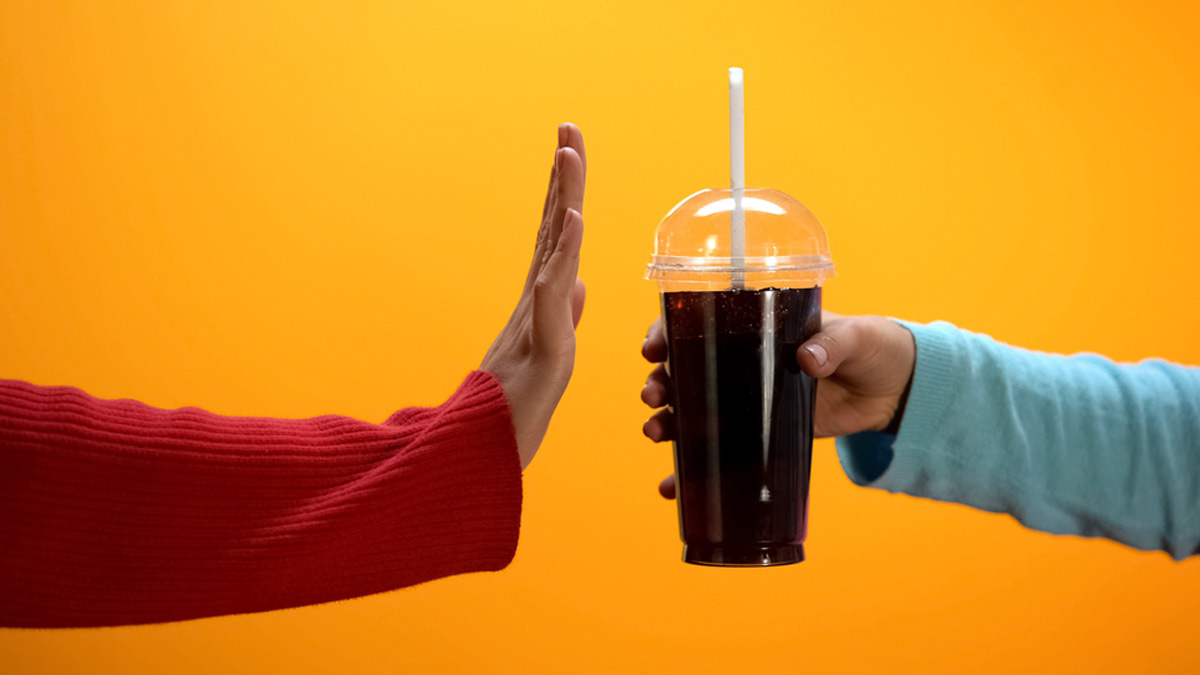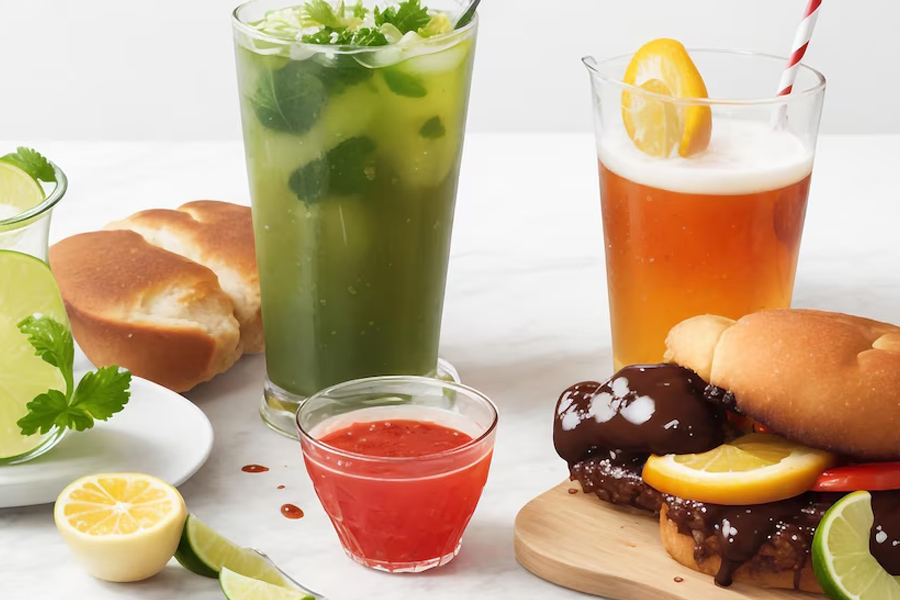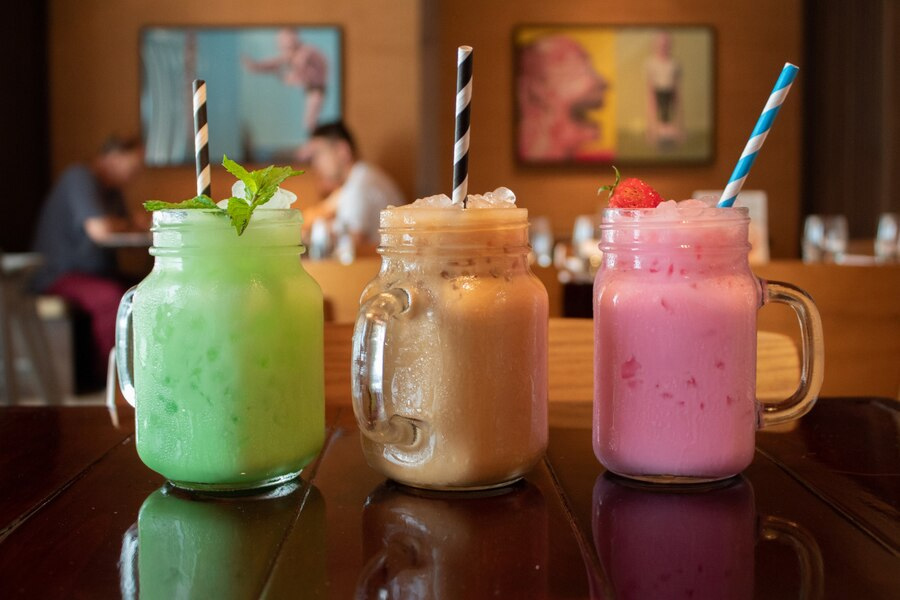
People with diabetes must be careful about their choice of beverages along with their diet. This is because certain drinks can significantly impact their blood sugar levels and overall health. This includes sugar-sweetened beverages, including soda, juice, and sports drinks, which can raise blood sugar levels and contribute to weight gain. We spoke to our expert Nisha Mandal, Dietician, Motherhood Hospital, Gurgaon, who listed beverages dos and don'ts for diabetics.
Table of Content:-
Here are some key reasons why careful selection of beverages is crucial for managing diabetes, as listed by Mandal:
Beverages Dos For Diabetics

- Water: Opt for plain water as your primary beverage choice. It's essential for hydration and has no carbohydrates, calories, or sugar.
- Unsweetened tea or coffee: Enjoy unsweetened varieties of tea or coffee, as they are low in calories and can be a refreshing option.
- Herbal teas: Herbal teas like chamomile, peppermint, or hibiscus are flavorful and typically free from caffeine and sugar.
- Sparkling water: If you crave carbonation, choose plain sparkling water without any added sugars or artificial sweeteners.
- Low-calorie or zero-calorie drinks: Look for drinks labelled as 'diet' or 'zero-calorie' that are free from sugar and low in carbohydrates. The American Diabetes Association (ADA) recommends zero-calorie or low-calorie drinks to prevent spikes in blood sugar.
- Skim or low-fat milk: Dairy milk in moderation can be consumed, but opt for skim or low-fat varieties to reduce the intake of saturated fat.
- Vegetable juice: Choose vegetable juices that are low in sodium and sugar. Even better, make your own at home to control the ingredients.
- Infused water: Add slices of fruits like lemon, lime, cucumber, or berries to your water for natural flavour without added sugars.
- Coconut water: Opt for unsweetened coconut water as a hydrating and refreshing beverage.
- Sugar-free beverages: Look for sugar-free versions of sodas, sports drinks, and other flavoured beverages, but be mindful of artificial sweeteners and consume them in moderation.
Also Read: Addressing India's DIABETES DILEMMA Never Too Early To Test But May Be Too Late To Treat
Beverages Don'ts For Diabetics

- Regular sodas: Avoid regular sodas and soft drinks as they are high in sugar and can cause blood sugar spikes.
- Sugary fruit juices: Stay away from fruit juices that contain added sugars or are not 100% fruit juice, as they can raise blood sugar levels quickly.
- Energy drinks: These beverages often contain high levels of sugar and caffeine, which can negatively impact blood sugar control and overall health.
- Sweetened teas or coffees: Steer clear of sweetened teas, coffees, and speciality coffee drinks that are loaded with sugar and calories.
- Full-fat dairy: Limit full-fat dairy products like whole milk, cream, and ice cream, as they can be high in saturated fat and calories.
- Sweetened alcoholic beverages: Cocktails, mixed drinks, and sweet wines can contain a lot of added sugars and should be consumed sparingly or avoided altogether.
- Flavoured milk: Flavoured milk like chocolate or strawberry often has added sugars, so choose plain or unsweetened varieties instead.
- Regular fruit smoothies: While fruits are healthy, smoothies can be high in carbohydrates and sugars, especially when sweetened with syrups or honey.
- Sugary sports drinks: Unless you're engaging in intense physical activity, avoid sports drinks that contain added sugars and unnecessary carbohydrates.
- Sweetened or flavoured water: Be cautious of flavoured water products that may contain added sugars or artificial sweeteners. Opt for plain water or infused water instead.
Also Read: Snacks For Diabetics: Expert Lists Diabetes-Friendly Snacks With 200 Calories Or Less
Bottomline
Mandal concluded, “Remember to always read nutrition labels and ingredient lists carefully to make informed choices about beverages that fit into your diabetic meal plan. For personalised advice, you should also consult a healthcare professional or registered dietitian.”
[Disclaimer: This article contains information provided by an expert and is for informational purposes only. Hence, we advise you to consult your expert if you are dealing with any health issues to get the necessary treatment.]
How we keep this article up to date:
We work with experts and keep a close eye on the latest in health and wellness. Whenever there is a new research or helpful information, we update our articles with accurate and useful advice.
Current Version